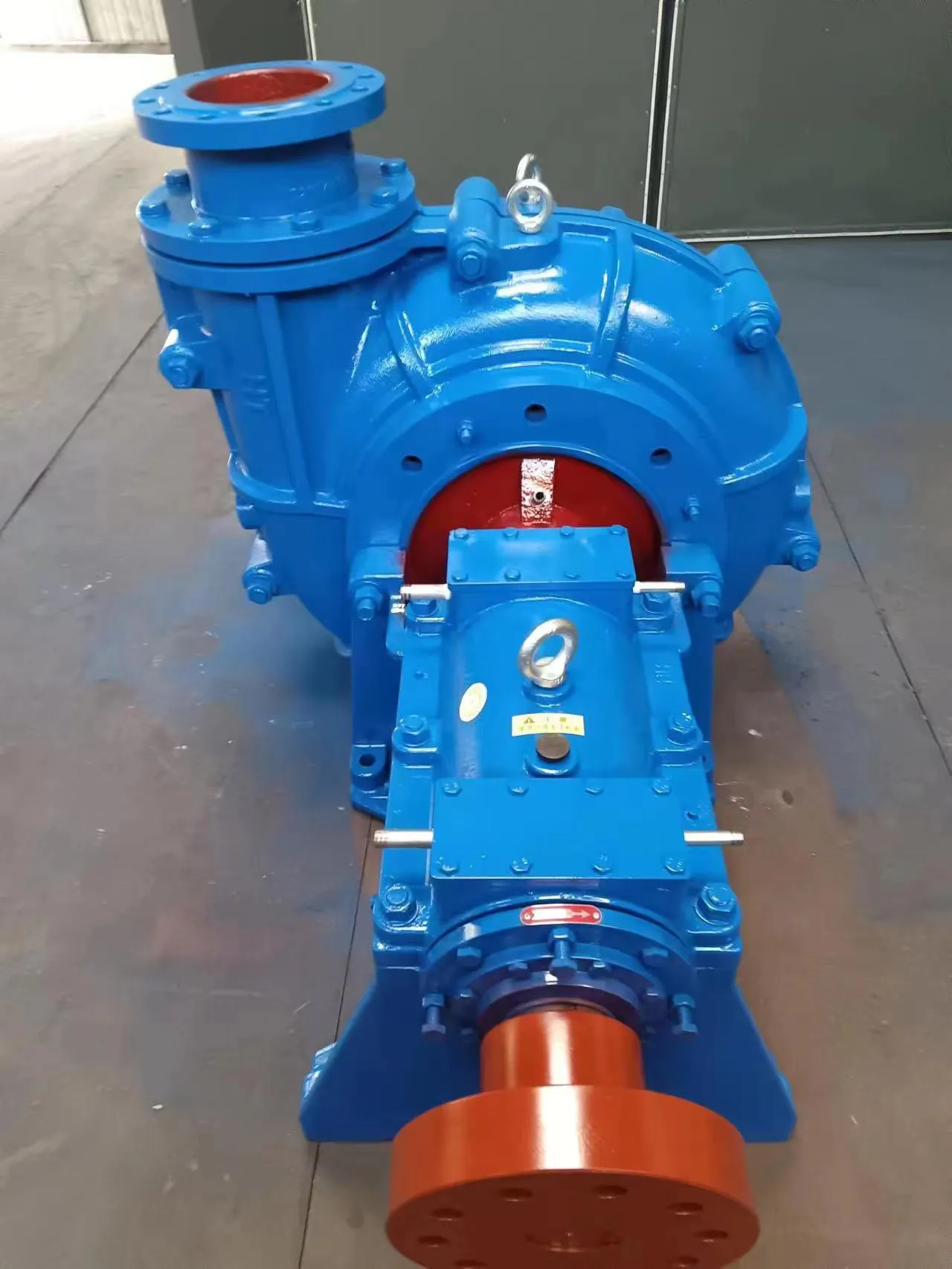English
- Afrikaans
- Albanian
- Amharic
- Arabic
- Armenian
- Azerbaijani
- Basque
- Belarusian
- Bengali
- Bosnian
- Bulgarian
- Catalan
- Cebuano
- Corsican
- Croatian
- Czech
- Danish
- Dutch
- English
- Esperanto
- Estonian
- Finnish
- French
- Frisian
- Galician
- Georgian
- German
- Greek
- Gujarati
- Haitian Creole
- hausa
- hawaiian
- Hebrew
- Hindi
- Miao
- Hungarian
- Icelandic
- igbo
- Indonesian
- irish
- Italian
- Japanese
- Javanese
- Kannada
- kazakh
- Khmer
- Rwandese
- Korean
- Kurdish
- Kyrgyz
- Lao
- Latin
- Latvian
- Lithuanian
- Luxembourgish
- Macedonian
- Malgashi
- Malay
- Malayalam
- Maltese
- Maori
- Marathi
- Mongolian
- Myanmar
- Nepali
- Norwegian
- Norwegian
- Occitan
- Pashto
- Persian
- Polish
- Portuguese
- Punjabi
- Romanian
- Russian
- Samoan
- Scottish Gaelic
- Serbian
- Sesotho
- Shona
- Sindhi
- Sinhala
- Slovak
- Slovenian
- Somali
- Spanish
- Sundanese
- Swahili
- Swedish
- Tagalog
- Tajik
- Tamil
- Tatar
- Telugu
- Thai
- Turkish
- Turkmen
- Ukrainian
- Urdu
- Uighur
- Uzbek
- Vietnamese
- Welsh
- Bantu
- Yiddish
- Yoruba
- Zulu
Telephone: +86 13120555503
Email: frank@cypump.com
Aug . 12, 2024 22:12 Back to list
Efficient Slurry Pump Solutions for Optimal Performance in Industrial Applications and Processes
Understanding Slurry Pumps An Essential Component in Industrial Processes
Slurry pumps play a crucial role in various industries, serving as an essential tool for transporting viscous mixtures of solids and liquids. These pumps are designed to handle abrasive and corrosive materials, making them particularly valuable in sectors such as mining, construction, chemical processing, and wastewater treatment. With their versatile applications and robust engineering, slurry pumps have become indispensable in ensuring efficient and reliable operations.
Operational Mechanism of Slurry Pumps
Slurry pumps operate on the principle of converting mechanical energy into hydraulic energy, enabling the movement of thick, sludgy materials. Unlike standard pumps, slurry pumps possess a distinct design characterized by a large inlet and robust impeller construction. This design allows them to handle solid particles suspended in liquid, which makes them ideal for transporting slurries composed of materials like sand, gravel, coal, and various industrial by-products.
The main components of a slurry pump include the impeller, casing, and discharge pipe. The impeller, often made of durable materials like high-chrome alloys or rubber, generates the fluid flow, while the casing houses the impeller and guides the flow to the discharge pipe. The robust design of these components enables slurry pumps to withstand the erosive effects of abrasive particles, ensuring longevity and reliability.
Types of Slurry Pumps
There are several types of slurry pumps tailored to meet specific application requirements. The two most common types are centrifugal slurry pumps and positive displacement pumps.
slurry pump

1. Centrifugal Slurry Pumps These pumps work by converting rotational kinetic energy from the impeller into hydrodynamic energy. They are ideal for low-viscosity slurries and are widely used in mining applications for transporting tailings and processing slurries.
2. Positive Displacement Slurry Pumps These pumps move fluids by trapping a fixed amount of slurry in a chamber and forcing it through the discharge pipe. They excel in handling high-viscosity slurries or applications that require precise metering. Positive displacement pumps are commonly utilized in chemical processing and wastewater management.
Applications of Slurry Pumps
Slurry pumps find application across various industries due to their unique capabilities. In the mining industry, they transport ore slurries from the extraction point to processing facilities, enabling efficient resource recovery. In construction, slurry pumps are employed to manage construction site runoff and to dewater excavations, preventing damage and enhancing safety.
In the chemical processing industry, these pumps facilitate the movement of corrosive slurries, while in wastewater treatment, they assist in transporting sludge and other waste materials for further processing. The adaptability and efficiency of slurry pumps make them crucial in maintaining operational continuity in these fields.
Conclusion
In conclusion, slurry pumps are vital machinery that enhances industrial processes by effectively managing the transportation of complex mixtures. Their robust design, coupled with diverse operational mechanisms, allows them to handle challenging materials that conventional pumps cannot. As industries advance towards more efficient and sustainable practices, the role of slurry pumps will continue to evolve, ensuring they remain at the forefront of engineering solutions. Understanding the functionality and applications of slurry pumps is fundamental for anyone involved in operations where fluid handling is paramount, ultimately contributing to improved productivity and reduced operational costs.
-
ISG Series Vertical Pipeline Pump - Chi Yuan Pumps Co., LTD.|Advanced Hydraulic Design&Energy-Efficient Solutions
NewsJul.30,2025
-
ISG Series Vertical Pipeline Pump - Chi Yuan Pumps Co., LTD.
NewsJul.30,2025
-
ISG Series Vertical Pipeline Pump - Chi Yuan Pumps Co., LTD.|energy-efficient fluid handling&industrial durability
NewsJul.30,2025
-
ISG Series Vertical Pipeline Pump - Chi Yuan Pumps | Advanced Engineering&Industrial Efficiency
NewsJul.30,2025
-
ISG Series Pipeline Pump - Chi Yuan Pumps | High Efficiency, Energy Saving
NewsJul.30,2025
-
ISG Series Vertical Pipeline Pump-Chi Yuan Pumps|High Efficiency&Reliable Performance
NewsJul.29,2025










